The Home Office released an extensive update to the Immigration Rules under Statement of Changes HC 1333 this week, implementing wide-ranging amendments across visit, work, study, and family routes. While many provisions were anticipated following earlier policy announcements, several new measures and clarifications including a stricter English language requirement have now been confirmed.

Key Changes
Visa Requirements and Recognition:
- Nationals of Botswana now require a visit visa with immediate effect (from 14 October 2025);
- From 11 November 2025, Palestinians will also require a visa to enter the UK following the recognition of Palestine.
Youth and Education:
- German students aged under 19 travelling as part of a group will be permitted visa-free entry from 11 November 2025, with the use of ID cards permitted for EU, EEA, and Swiss nationals aged under 19 in such groups;
- The financial requirements for Student visa applicants will be increased for the 2025 – 2026 academic year, effective from 11 November 2025.
Dependants of Stateless Persons:
- From 11 November 2025, partners and children of stateless individuals may apply for entry clearance or permission to stay under Appendix Statelessness if they formed part of the family unit before status was granted. Post-grant dependants may apply under Appendix FM.
Work and Economic Migration:
- The Immigration Skills Charge will rise by 32% to £1,320 per sponsored year, adding further cost pressures to employers. The parliamentary process to implement the increase to the charge is scheduled to commence later this week so there is no set date yet;
- English language requirements for Skilled Worker, Scale-up, and High Potential Individual routes will increase from B1 to B2 CEFR level (A-level equivalent) from 8 January 2026. This change will not affect individuals who are already on the relevant route prior to the implementation date.
High Potential Individual Route:
- The number of eligible global universities will double, but the route will be capped at 8,000 places per year from 4 November 2025, with the aim of attracting up to 4,000 graduates annually.
Global Talent Route:
- From 11 November 2025, the Global Talent route will be expanded to include a wider range of eligible prizes and to broaden the evidential criteria for demonstrating achievement and contribution, particularly for architects. Further amendments are anticipated in 2026 to extend similar enhancements to researchers, designers, and creative professionals in the film and television sectors.
Graduate Route Duration:
- From 1 January 2027, the Graduate visa will reduce from 2 years to 18 months (still 3 years for PhD graduates).
Student to Innovator Founder Transition:
- Effective 25 November 2025, students who have completed their course may switch directly to the Innovator Founder route and engage in self-employment.
General Suitability Rules:
- The long-standing Part 9: Grounds for Refusal and Appendix FM suitability rules will be replaced with a new unified Part Suitability from 11 November 2025, consolidating overlapping refusal provisions into a single framework.
Seasonal Worker Route:
- From 11 November 2025, workers may now spend up to 6 months in any rolling 10-month period instead of 12, introducing a 4-month cooling-off period before re-entry under the same route.
Ukraine Permission Extension Scheme:
- From 11 November 2025, minor adjustments will be made to align a child’s leave with that of a legal guardian as well as parents.
Conclusion
These latest changes reflect the government’s continued tightening of the immigration system, balancing economic needs with political commitments to reduce overall migration. Employers and education providers should prepare for increased compliance costs, particularly due to the higher Immigration Skills Charge and B2 English language requirement, while students and recent graduates face reduced post-study work opportunities under the revised Graduate route.
The introduction of Part Suitability represents a significant procedural shift that will require careful analysis of how refusal criteria are applied in practice.
With many of the changes arriving imminently, some as soon as next month, we recommend that sponsors, employers, and migrants review their immigration strategies well in advance of the relevant commencement dates to ensure compliance and mitigate any potential disruption to visa planning or recruitment timelines.
Have questions? Get in touch today!
Call our office on 020 7928 0276, we will be taking calls from 9:30am to 6:00pm.
Email us on info@lisaslaw.co.uk.
Or, use the contact form on our website. Simply enter your details and leave a message, we will get right back to you: https://lisaslaw.co.uk/contact/
For more updates, follow us on our social media platforms! You can find them all on our Linktree right here.





